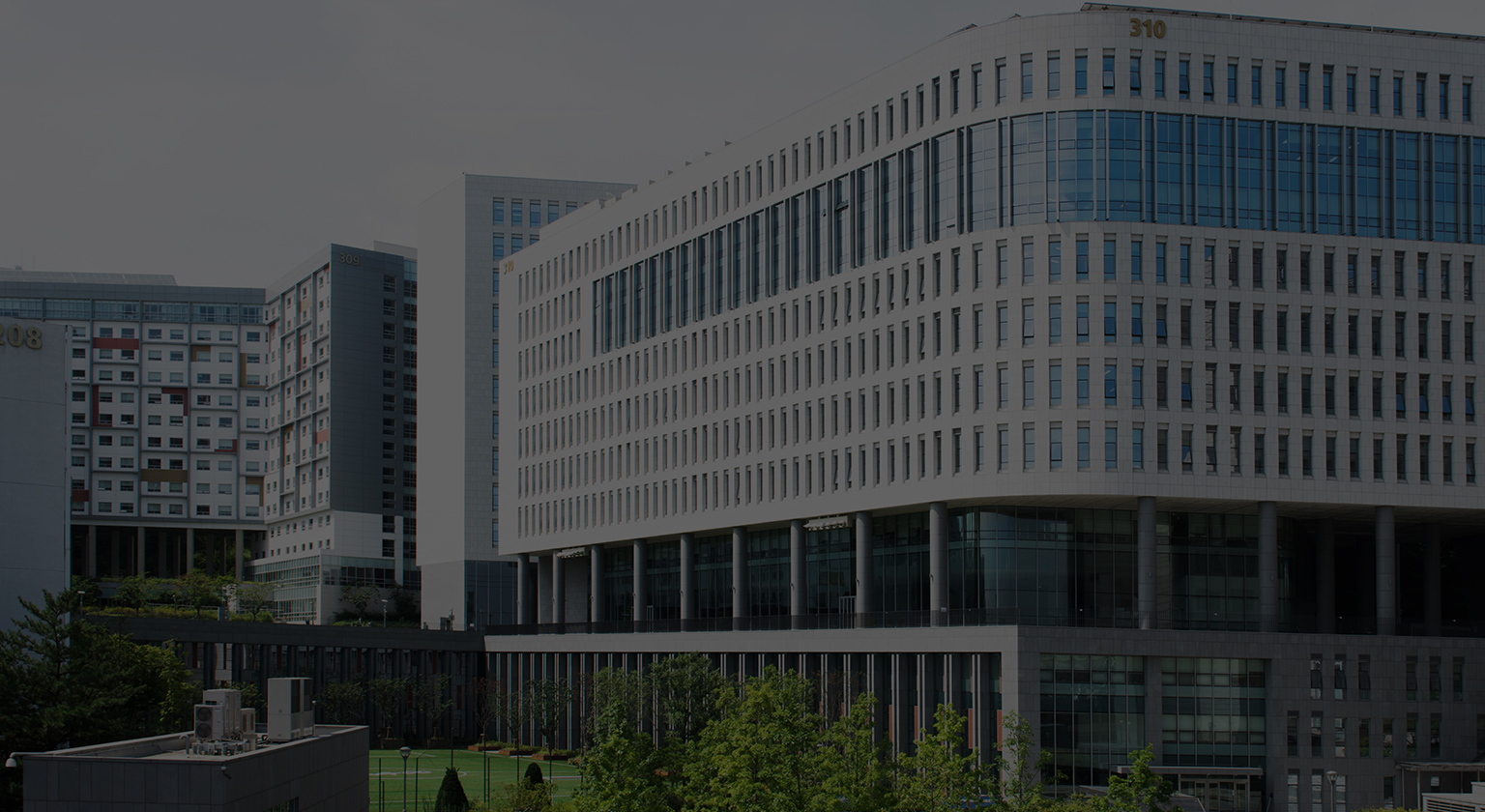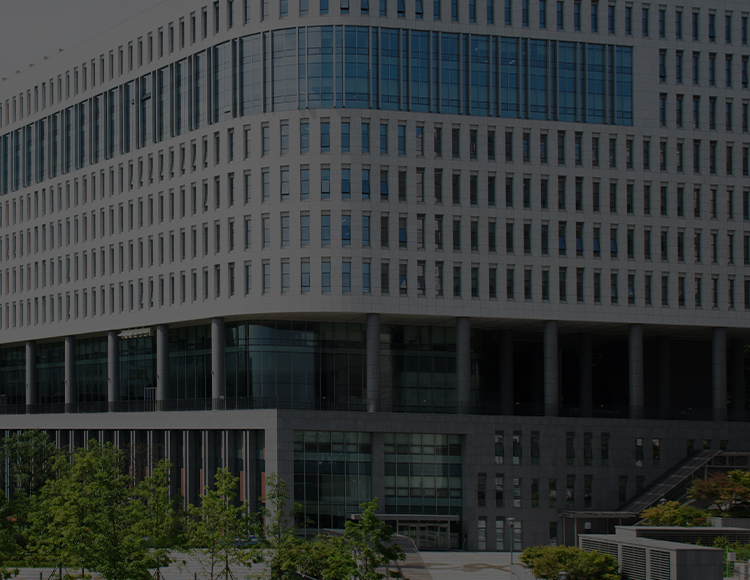


ENG
- HOME
- ENG
ENG
Introduction to the CAU Center for Human Rights
The CHUNG-ANG University (CAU) Center for Human Rights is the first organization of its kind within a Korean university, dedicated to protecting the human rights of university members and fostering a culture of gender equality on campus. To create a human rights-friendly and gender-equal culture as well as a safe and happy campus, the Center for Human Rights employs professional researchers and offers counseling and case management services. Additionally, it conducts education on gender equality and human rights, cultural work, and research.
-
Counseling and case management services
The Center for Human Rights offers counseling to all individuals who have experienced human rights violations, sexual harassment, or sexual violence. Counseling services and reports of sexual harassment, sexual violence, and human rights violations are received through the online counseling application on the website, as well as by phone and in person. Anyone wishing to address an incident should complete an application following the ‘Regulations of the CAU Center for Human Rights’ Following the application, the center conducts investigations and convenes the Human Rights Committee to resolve the problem. Personal information and counseling details are maintained in strict confidentiality throughout the entire process.
-
Education
The Center for Human Rights conducts gender equality and human rights education to safeguard human rights and foster a culture of human rights sensitivity among CAU members. Additionally, we manage ‘INKWONNARAE’ human rights supporters, aimed at nurturing leaders in human rights.
-
Cultural work
The Center for Human Rights holds a human rights cultural festival (human rights campaign and human rights film festival) to improve the human rights sensitivity of members on campus.
-
Research
The Center for Human Rights conducts a human rights survey every year to understand the status of human rights violations and sexual harassment and violence among members of CAU.
The insights obtained from this survey help to set the direction of major projects at the Center for Human Rights and serve as essential data for developing educational programs aimed at enhancing human rights awareness and fostering gender sensitivity. Moreover, The Center for Human Rights introduces types of human rights violations to related departments and proposes and recommends preventive action guidelines.
| Classification | Main tasks |
|---|---|
| Counseling and case management services |
|
| Education projects |
|
| Cultural work |
|
| Research |
|
Case Management Procedures
-
1 Counseling and case management services
Any individual who has experienced human rights violations or discrimination, or is aware of such incidents, can seek counseling and report the matter to the Center for Human Rights. In cases of human rights violations or acts of discrimination, all campus members are strongly encouraged to report such incidents to the Center for Human Rights immediately.
-
2 Case review and investigation
The Center for Human Rights provides counseling to all individuals who have experienced human rights violations, sexual harassment, or sexual violence and conducts a thorough review of each case. As a result of the review, if it is determined that response measures are necessary for addressing the harm, the Center for Human Rights proceeds with a detailed investigation of the facts of the reported act and the resulting damage. All information and personal data disclosed during the counseling process are maintained under strict confidentiality.
-
3 Case processing through arbitration
The Center for Human Rights may proceed with the arbitration process based on the opinions of the parties involved or the official authority of the Center for Human Rights. After identifying the reporter's needs and conducting an interview with the respondent, the process may conclude with counseling if the respondent acknowledges and reflects on their misconduct.
-
4 Referral to the Human Rights Committee
The Human Rights Committee reviews cases of human rights violations and acts of discrimination and can determine appropriate resolution procedures and actions for the cases. When the claims of the reporter and the reported respondent do not match at all, when arbitration of the Center for Human Rights fails to be accepted, when disciplinary action against the person being reported is deemed necessary due to serious and continuous damage, or when there is no report from who have experienced human rights violations, sexual harassment, or sexual violence but the seriousness of the incident is high and an ex officio investigation by the Human Rights Center is deemed necessary, the Human Rights Committee will be convened in accordance with relevant regulations to investigate the case. In principle, all meetings of the Human Rights Committee are held privately.
-
5 Notification of the decision
The reporter and respondent will be notified of the Committee's decision and relief measures, and they can file an appeal within 10 days if they have any objections to the decision.